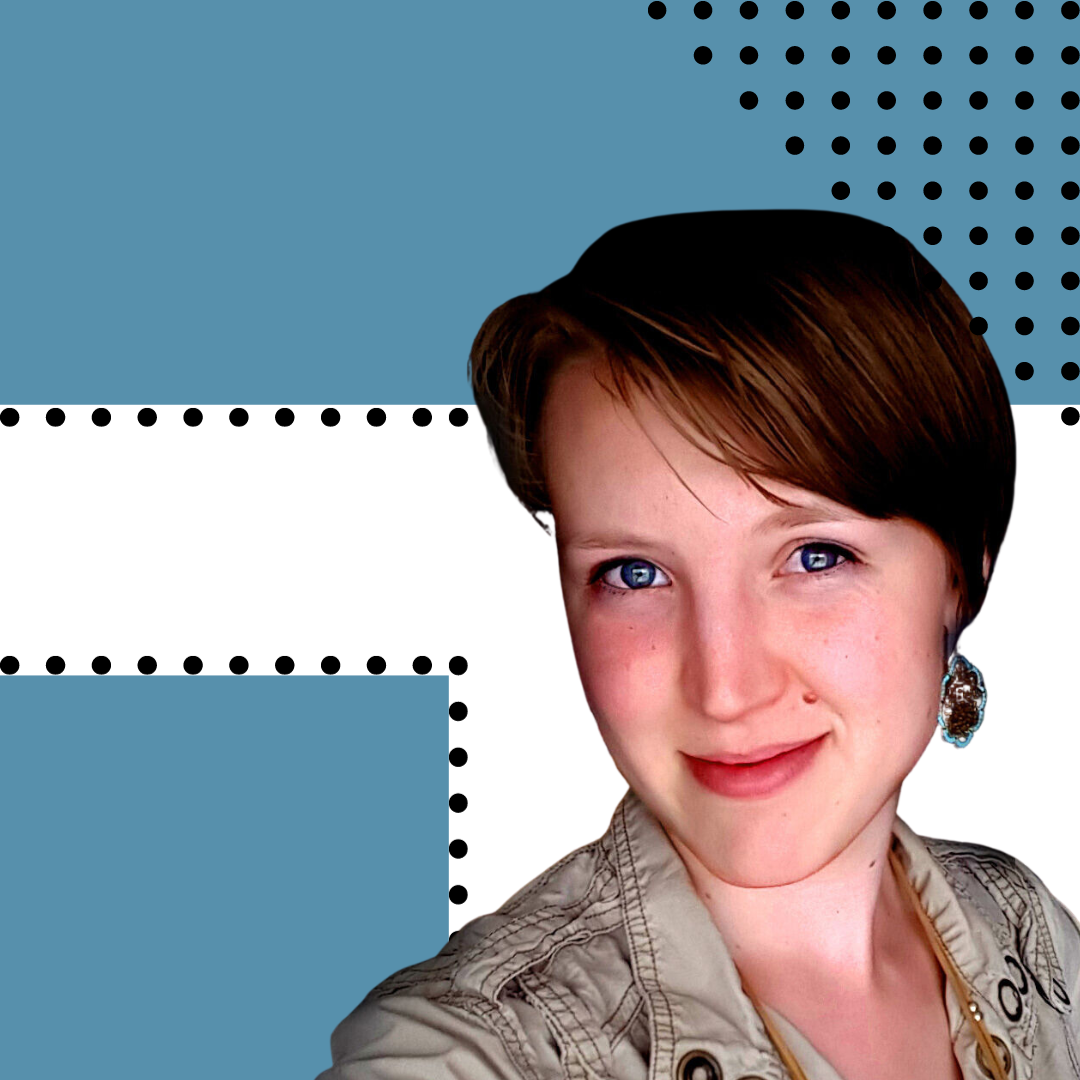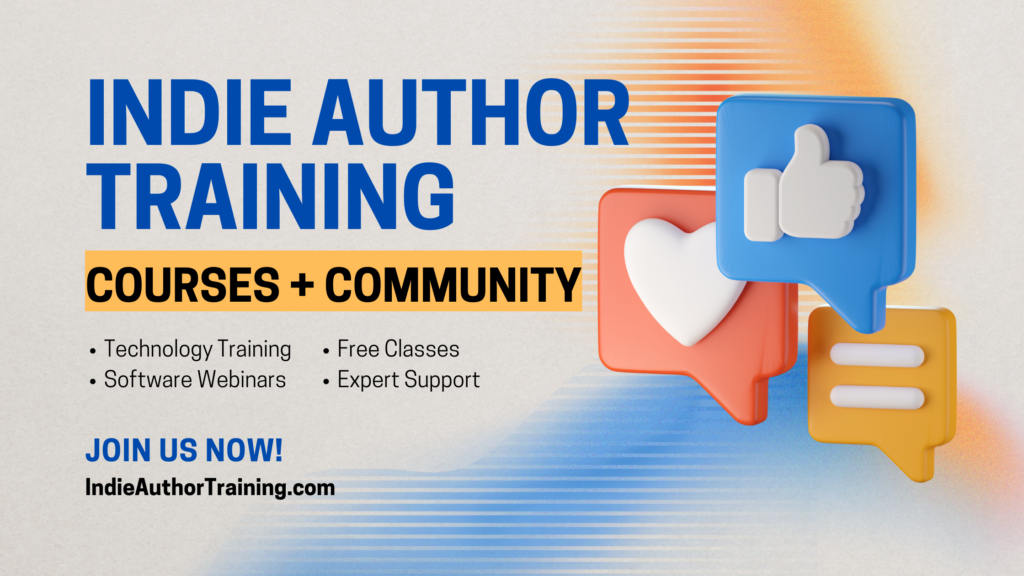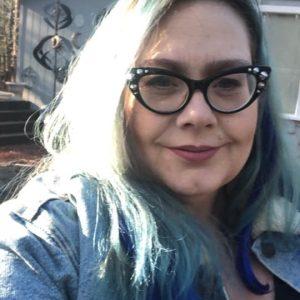Indie Author Magazine: How will the strategy of publishing wide play a part in the future of the industry?
Tanya: The thing so many of us forget is that the indie publishing industry as we known it is so young. The digital stores/platforms we use for publishing (and view as the standard) aren’t that old either. I can’t imagine that Amazon, Apple, Google, etc. will be the only places where we sell books forever. Neither can we guarantee that they will be as strong as they currently are.
I know it’s not apples to apples, but the rise and decline of social media platforms such as Twitter, Facebook, and TikTok show us that the various online giants don’t remain at a steady, constant strength in perpetuity. Things are constantly in flux, and the indie publishing industry has a long life ahead of it.
The point of this is to say that I’ve never seen utilizing Amazon-only book-selling tactics as the best method. There are many evergreen strategies that apply to every single digital retailer, and even to direct sales methods such as Kickstarter and live events, and these strategies are powerful in the long run, and more sustainable. They will be applicable no matter what changes we see with online retailers.
In the future, I hope to see more authors at least learning these broader strategies, even if they decide to be exclusive with some or all of their books for now.
Indie Author Magazine: Do you anticipate that the definition of wide will ever evolve to mean more? If so, where do you see authors going?
Tanya: Definitely. As new platforms, retailers, and even methods of human communication form and develop, the opportunities for selling wide will only grow.
Indie Author Magazine: On an individual level, direct publishing can equate to greater control over titles, greater royalties, and a closer relationship with readers. What will the trend of authors publishing direct mean for the industry as a whole?
Tanya: With the future rise of ai-generated works, I think direct sales will only become more and more important for authors.
Some readers will be satisfied with books/art/media that are good enough, an enjoyable escape. They won’t mind if their books are largely a product of ai. But others will crave a more human touch. They will long for human connections and will gravitate toward creators who develop those direct relationships with their readers.
For this reason, cultivating direct sales methods and doubling down on being human will become a huge boon to the authors who put in the effort to do it. Direct relationships are going to matter more than ever.
Indie Author Magazine: With AI being such a hot-button, divisive topic now, what role(s)—if any—do you think it will play in the indie publishing world in five years time?
Tanya: I see ai as another tool. Some authors will use it. Others wont. But I think this is another area where many people aren’t looking into the future enough. Many people see what it is now and think that ai can only be used for brainstorming or generating impersonal text that a writer can then stick into their book.
But things changed so fast in just this past year. Ai will continue evolving. I think it’s only a matter of time before each author can get an ai assistant that is trained directly on their style of writing and can help them create something that feels perfectly THEM.
I think at that point, many more authors will choose to utilize it. The idea of having a brainstorming buddy, writing partner, and editor who knows your writing style, genre, story preferences, and thematic sensibilities intimately and deeply will be very hard to pass up. I think it’s something most of us wish we had now.
Indie Author Magazine: How important is technology to one’s success as an indie author and to the industry as a whole?
Tanya: Storytellers will always find a way to tell their stories. But there are shortcuts that can speed the process. To some people, that’s important. To others, the more natural, handmade process is more important.
Looking at it from my artist perspective, I think of how I utilize photoshop as my main illustration tool. I love how it speeds up the process, from being able to use undo/redo to being able to easily experiment with and change colors, to being able to save multiple files in which I try totally different things. But I compare that to fine artists who carefully choose their oil paints and brushes and launch into a painting without as much control, embracing that the process will be more slow and laborious, but that it will have its own rewards that can’t be experienced in a digital format.
Technology is the same for writers. There are so many tools. And some will resonate with different people, especially those who value speed or who, due to disabilities or personal circumstances, benefit from extra writing aids. But there will always be those who want nothing more than a computer and a word processor. And neither choice is wrong.
Indie Author Magazine: What does transmedia mean for an author’s business? Will indie authors ever need to be more than just “writers” to survive in the industry?
Tanya: This is another case where I think it will differ so much from author to author. Some people don’t want to be anything more than a writer. To branch out would take all the joy out of it for them.
But I think that the need for varied streams of income is going to become increasingly more important to those who are trying to make a full-time living as an author. So those who want to make creating/storytelling their full-time work will benefit immensely from transmedia. And their efforts to create transmedia will benefit immensely from ai, which will help fill in the gaps of skills they might be missing, such as music, art, animation, etc. This will only become more relevant as ai improves, which is really exciting.
Indie Author Magazine: What can authors do now to build community with their readers and within the industry?
Tanya: Lean into your personal strengths. Understand who you are. This is the best way to learn how to build community for your creations. For some people, that will mean engaging members of their audience one by one so that these individuals develop an actual, personal relationship with them. For some creators, those relationships will fuel them and help them feel like what they’re doing truly matters.
For others, that one-by-one aspect sounds so overwhelming, and way too personal. They’ll want to try something else. Perhaps they’ll want to always be putting valuable content and information out into the world, so even if they don’t have personal relationships with members of their audience, they still have a whole crowd of people who adore and value them for what they give to the community.
For some authors, it will mean creating polls and engaging on social media, always asking what their audience wants more of and then giving it to them.
For others, it will mean creating big launch campaigns with lots of hype and engaging heavily with their audience during that time, then cutting way back on engagement when it’s over for a well-needed break.
There are so many different ways to build and grow an audience. But they won’t all work for you, and many will burn you out long before you see the fruits of your labors. So experiment. Find what works for you and forget the rest.
Indie Author Magazine: Why does community matter in the future of indie publishing?
Tanya: I view this in the same way I view the importance of direct sales. Relationships matter. Think about it from the perspective of a reader or fan.
I can recall when I first read a book by the author/illustrator James A. Owen. His work resonated with me so powerfully that I wished I could meet him and tell him just how much it meant to me. And then, years later, I did meet him while he tabled at a comic convention. I was able to tell him what his writing meant to me, and, to my astonishment, he was one of the most kind and gracious people I’d ever met. He seemed to genuinely want to talk to me, hear what I have to say, and give me advice. He encouraged me to try to go to a specific writing conference that he thought would benefit me. I did, and I met and talked with him again there. Over the years, we have stayed in touch and become friends. Now, I am a lifelong, die hard James A. Owen fan.
And it all stared because he cared about me, a stranger who enjoyed his work.
This is how superfans are made. Slowly, building over the years. It’s how friendships are made too. As authors, it helps to think of building out community like cultivating a friendship. We give. We listen. And then people come to care about us and our work. They care about the stories we tell. They support us because they want more and because they want us to succeed. They don’t let us fall. And what can be more magical than that?






